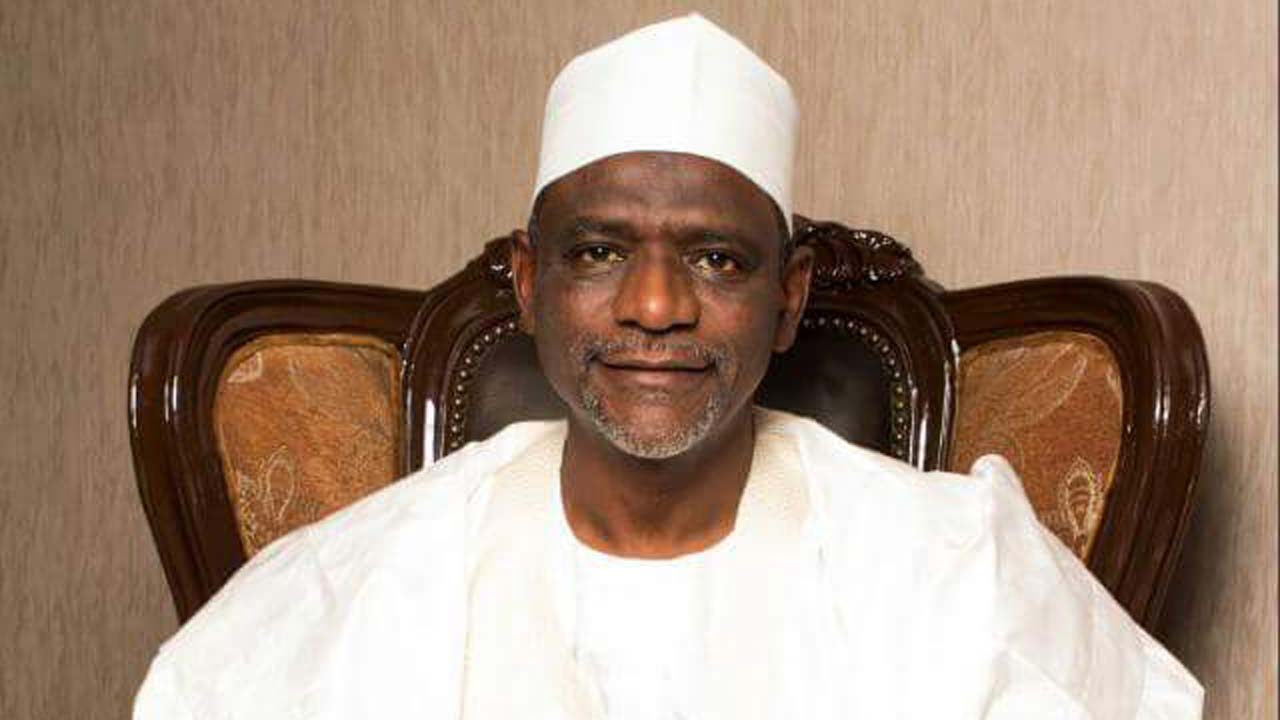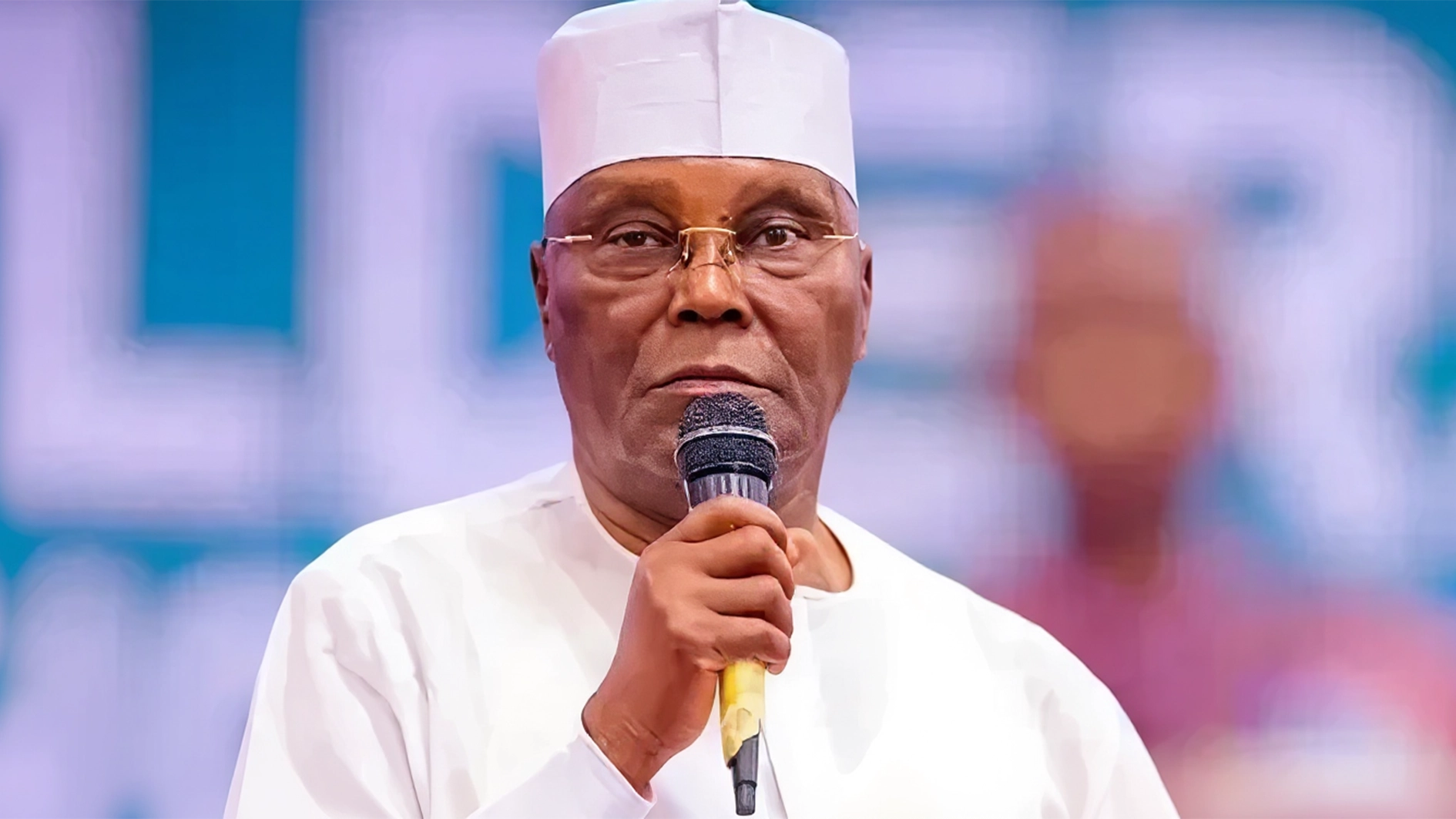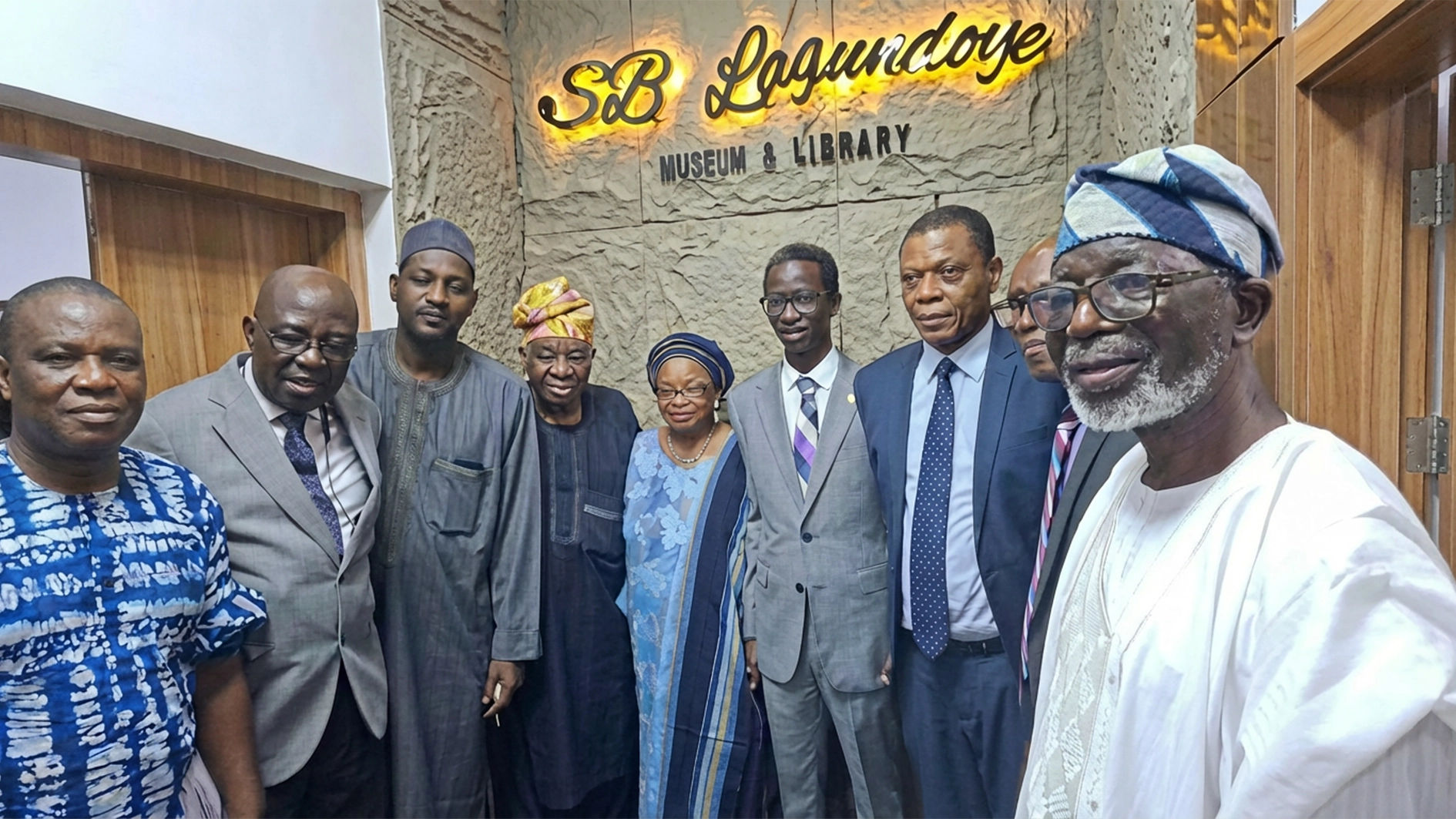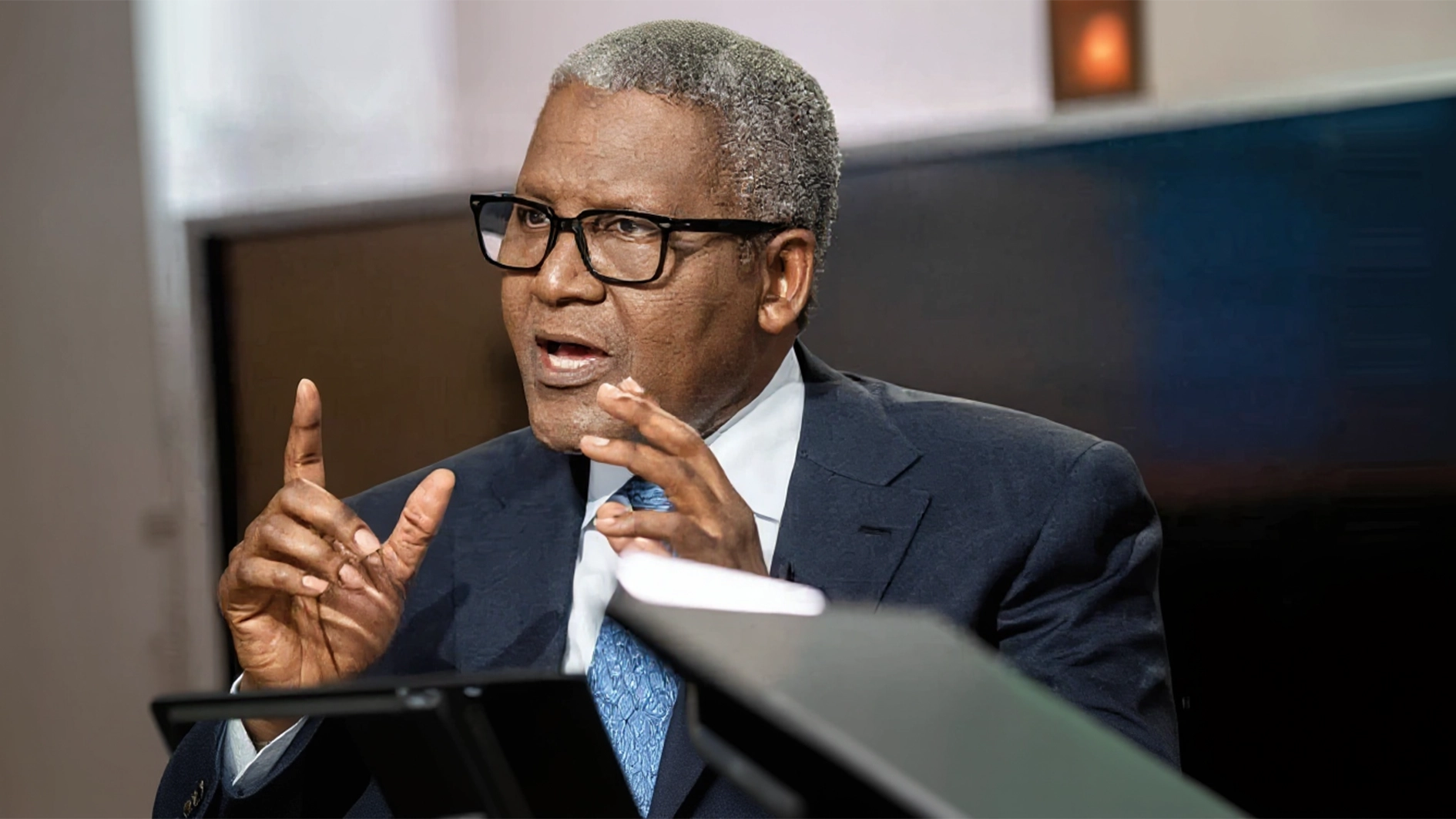 Stakeholders seek greater commitment to sector in the coming year
Stakeholders seek greater commitment to sector in the coming year
Arguably, meaningful progress has been made in the education sector over the years, especially expansion in the number of institutions at all levels.
For instance, at independence in the 60s, Nigeria had only five universities: University of Ibadan (UI), established in 1948; University of Nigeria Nsukka (UNN), 1960; Obafemi Awolowo University (OAU) Ile-Ife, 1961; Ahmadu Bello University (ABU), Zaria, 1962 and University of Lagos (UNILAG) 1962.
The number of universities has grown exponentially, while polytechnics, colleges of education and other tertiary institutions have continued to multiply almost on a daily basis. Primary and secondary schools are not left out with a lot of reforms also taking place.
For instance, in the outgoing year, President Muhammadu Buhari approved the establishment of eight new polytechnics and six colleges of education in states, which had none. He also approved establishment of four new specialised universities of technology and health, with a takeoff grant of N4 billion each for the universities of technology and N5 billion each for the universities of health science from the funding resources of TETFund.
The president also promised to enhance teachers’ remuneration, increase their retirement age from 60 to 65, and service years from 35 to 40.
At this year’s World Teachers Day celebration in Abuja, President Buhari also announced plans to pay undergraduates studying education courses in universities and colleges of education.
He said the Federal Government has earmarked N75, 000 per semester for undergraduates exploring education programmes in federal or state institutions, and N50, 000 for those who register for NCE programme.
Buhari added that to record adequate achievements in the sector, there would be a total overhauling, particularly, in the provision of a safe and secured environment for learners and teachers.
He noted that availability of professional teachers, strong political will on the part of government to invest in education, and provision for adequate funding mechanism are all priorities of his administration to realise better education system.
In the year under review, the Federal Government also launched Better Education Service Delivery for All (BESDA) initiative in 17 states to tackle the problem of out-of-school children. The scheme resulted in an additional enrolment of 1,053,422 children at the primary education level.
The Minister of Education, Mallam Adamu Adamu, disclosed that the BESDA initiative has helped in significantly reducing the number of out-of-school children, adding that his ministry was working with the National Association of Proprietors and School Owners to further reduce the number.
He said the association had taken over one million out-of-school children off the streets, with each private school sponsoring five pupils.
Adamu said: “Under the BESDA initiative, the Federal Government secured a World Bank credit facility of $611m to support 17 states in strengthening Universal Basic Education (UBE). So far, we have launched BESDA in 10 states including Adamawa, Bauchi, Borno, Ebonyi, Kano, Oyo, Yobe, Niger and Zamfara states.”
The growth of the institutions notwithstanding, stakeholders have observed that a lot of challenges confront the sector, they range from poor funding, failed promises, non-implementation of policies, shortage of qualified teachers, poor teaching and learning infrastructure, non-payment of salaries, industrial unrest, cultism, examination malpractice, corruption and maladministration, and in some cases, outright neglect of the sector at different levels of governance.
Experts also lamented that billions of naira allocated to the sector at different tiers of government hardly trickled down to the classrooms, where it would have positively affected pupils and students in terms of quality outcome.
They argued that all these have a negative impact on products of the systems, and as such, cannot support the development of manpower needed to drive the nation’s economy to a glorious end.
An educationist, Paul Odunuga, said one of the major challenges confronting the sector is the burden of over 10.1million out-of-school children. To him, though there were some positive developments during the year, they had not translated to significant development expected in the sector.
Odunuga also identified other problems confronting the sector as inadequate funding from government at all levels, examination malpractice with teachers and parents aiding the practice, poor staff welfare, policy inconsistency, poor teaching and learning environment and insecurity, among others.
He lamented that the poor state of education in the country has been made worse by the growing insecurity in the country. Odunuga said incessant attacks on schools and kidnapping of students for ransom have led to the closure of many schools in some northern parts of the country.
Former Vice Chancellor, Bells University of Technology, Ota, Ogun State, Prof Adebayo Adeyemi, noted that poor funding, uncoordinated management of the sector, insecurity and COVID-19 pandemic have contributed to the present low rating of the sector.
Adeyemi said the sector has not performed well as expected. “No doubt, there are other contending issues such as incessant industrial actions by workers, government is not playing its expected role due mainly to state of the economy.
National President, All Nigeria Confederation of Principals of Secondary Schools (ANCOPSS), Mr. Anselm Isuagie, said as long as government at all levels continue to allocate less than 26 per cent of their annual budgets to education, the sector would not produce desired results.

A leader of the Academic Staff Union of Universities (ASUU) at the University of Ibadan, who pleaded anonymity, said besides poor funding, the Federal Government has not been faithful in keeping to agreements.
The union leader expressed regrets that the Federal Government has failed to honour its agreement with ASUU, which led to the suspension of the strike in December 2020. “Some of us believe that if government faithfully implements the Memorandum of Agreement (MoA) reached with ASUU, the nation’s universities will witness a turnaround.
“The allocation to the sector is also nothing to celebrate. It is just about eight per cent of the entire budget. The government should follow the recommendations of the United Nations Educational, Scientific and Cultural Organisation (UNESCO) by allocating more to the sector.”
For Prof Sheriffdeen Tella, the present administration, like others before it, has no plans to improve education beyond what it is presently.
Tella noted that budgetary allocations in the last 10 years have not reached 10 per cent, while the actual release was far below the estimated value. “So, there have been declining quality in terms of staffing and equipment, resulting in low quality graduates at all levels, even in the last one year.”
He stressed the need for government to recognise the importance of education in development, while providing adequate and sustainable funding.
To move the sector forward, Tella advocated the convocation of an education summit with terms of reference that must include types of reforms required and sources of funding beyond government.
On his part, Prof Adamu Tanko, of Bayero University, Kano (BUK) noted that the sector did not achieve much in the outgoing year. According to him, the government achieved very low.
He said: “If we look at the calendar, many states struggled to plan appropriately. The school system could not take-off in good time following the shut down recorded in 2020. Even when the system took off, schools were affected by the COVID-19 protocol. The facilities available could not allow proper observance. At the tertiary level, agitations by the staff unions could not be resolved and no clear understanding of what could, or couldn’t happen. There was also the security challenge that school children were always in fears. No parent had complete confidence in the security arrangements in schools.”
But Dr Akeem Jacobs of Gateway Polytechnic, Saapade, Ogun State, said the sector had actually moved forward in terms of quantity, which he listed to include number of available schools, students in schools and subjects being offered, but still far behind in terms of quality.
According to him, the quality of education has not responded at the expected rate to the needs of the times as a country.
President of National Parents-Teachers Association of Nigeria (NPAN), Alhaji Haruna Danjuma, said the country is actually making progress, especially in the production of professionals across fields, but the progress is however very slow.
Danjuma said it is worrisome that many qualified admission-seekers could not get admission because of space constraints, particularly in government schools, while the number of out- of school-children, is still high, especially in the north where insecurity is driving many children away from schools.
For Emeritus Professor, Michael Omolewa, the sector has benefitted from the COVID-19 pandemic during the year. According to him, learning before the COVID-19 outbreak was conceived as within the possibility of a classroom, with a teacher standing and students sitting, listening to the teacher.
However, the Professor of History said the new arrangement, which makes learning possible using technology has been popularised by COVID-19 intervention.
“Now, conferences, workshops, meetings and negotiations are conducted online; learning has become less stressful, more leisurely and more available for all. Of course, there have been some frustrations arising from the cost of data and equipment. The outgoing year has witnessed the continuous adoption of “new normal learning and teaching method.”
Besides, the former UNESCO chief said the private sector also contributed to the development of sector, as more private universities were licenced during the year under review.
He said: “We now have more private universities that have outpaced the number of federal and state universities. These private institutions have continued to invest resources in human capital formation and development. Guided by extant regulations and led by regulation agencies, private educational institutions have constituted an important component of education providers in the country. It is now important that they are made to benefit from the education tax fund to which the parents of these students contribute.”






